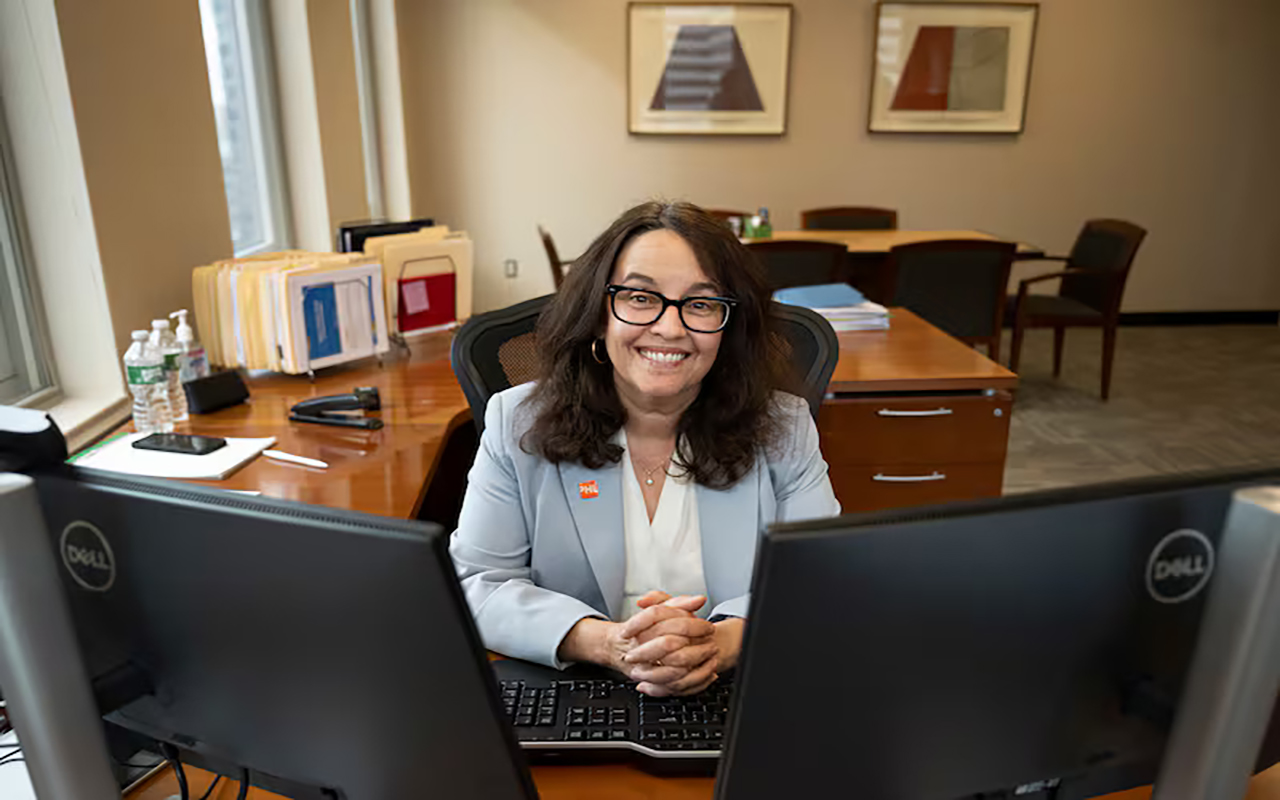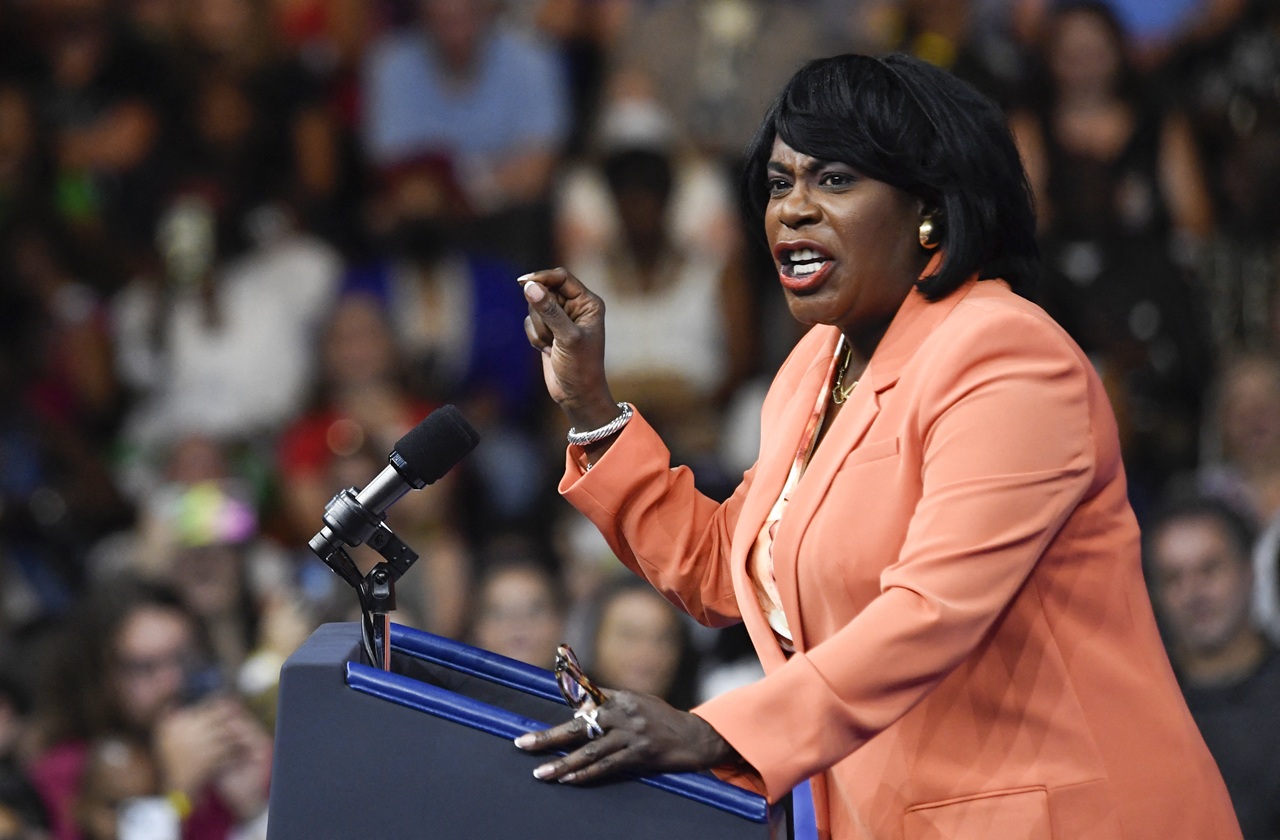
What to know about Mayor Jim Kenney’s new Philly budget
Philly’s new budget is cautious, and more of the same.
On Thursday, March 31, Philadelphia Mayor Jim Kenney released his much-anticipated proposed budget for the 2023 fiscal year with a five-year plan.
The current city budget is $5.4 billion, and Kenney’s proposal would raise it to $5.6 billion. The proposal includes no tax rate increases, but assumes real estate tax revenue will increase 4.5% after new property assessments are imposed.
The budget is raising spending by 5.5% and includes a financial cushion, known as the fund balance, of only $153 million for the fiscal year that begins on July 1. This would keep the city’s goal of keeping 6% of the budget unspent to handle emergencies.
Kenney’s administration is suggesting that they proceed with cautious spending when it comes to the $1.4 billion in federal pandemic relief funds given to Philadelphia by the American Rescue Plan.
Kenney wants the city to only spend $335 million of those funds next year, leaving more than $800 million untouched.
The budget proposal also includes a $48 million investment in the Free Library of Philadelphia, and an 18% ($184 million) increase in violence prevention funding.
The mayor offered other positive highlights, including aid for small business corridors through a $13 million economic stimulus program, brand-new Emergency Grant Program, and additional funding for the PHL Taking Care of Business Corridor Cleaning Program.
The city is expected to receive a billion dollars from the federal government infrastructure program.
Kenney said this will give Philly an “enormous opportunity” to dismantle structural barriers that have long excluded Black and Brown business owners from public works projects.
The budget also seeks to close the “digital divide” by expanding on the PHLConnectED initiative as part of the city’s digital equity plan.
Smart investment is how we should approach this #PHLBudget.
— Councilmember Isaiah Thomas (@CMThomasPHL) March 31, 2022
It’s not about whether each department needs more or less funding - it’s about looking at the funds in the city’s budget and ensuring that every taxpayer dollar is spent well, as a reflection of Philadelphia’s values.
“Together, these investments prioritize the quality education of children, youth, and adults to support a more rapid and equitable recovery, and to break the intergenerational cycle of poverty,” Kenney said.
On Thursday, City Council members along with members of The Alliance for a Just Philadelphia, which is made up of more than 50 local advocacy groups, gathered outside of City Hall to respond to Kenney’s proposed budget.
Overall, community advocates feel that the budget is still lacking in multiple areas and is failing to properly satisfy the needs of Philadelphians.
RELATED CONTENT
Jazmyn Henderson of Act Up Philadelphia, demanded a budget that reinvests in homeless services, recreation centers, education, and violence prevention.
Many activists are frustrated to see the administration continuing to over invest in the police force, while crucial social services remain neglected.
“We want to see real investments and alternatives to policing like mental health budgets for first responders and no increase to the police budget,” Henderson said.
Philadelphians have been pushing for the city to defund its police force and invest in public safety alternatives such as mobile crisis teams.
“The police department budget increases year after year while our communities continue to be under-resourced. We need care, not cops,” said Kris Henderson, executive director of Amistad Law Project.
14 out of 17 Philadelphia City Councilmember say NO to @PhillyMayor’s $14 million dollar budget increase for Philly police.
— Conrad Benner (@StreetsDept) June 8, 2020
The protests are working. https://t.co/sCq9q2kUFF
City Council President Darrell Clarke, said that the Council is looking forward to reviewing the mayor’s proposed budget, and that the issues of poverty, community safety, violence prevention, affordable housing and job opportunities will take priority.
Councilmember Isaiah Thomas did say that he was pleased with the infrastructure investments, but acknowledged that investments needed to be made in every street in every neighborhood.
According to a WHYY report, Councilmember Cherelle Parker said the city needs to address the mass departure of “31,000 Black people from Philadelphia since the last census,” and also called for an improvement in “quality of life issues.”
These investments should include more camera installations to combat crime, and an end to short dumping in communities.











LEAVE A COMMENT: